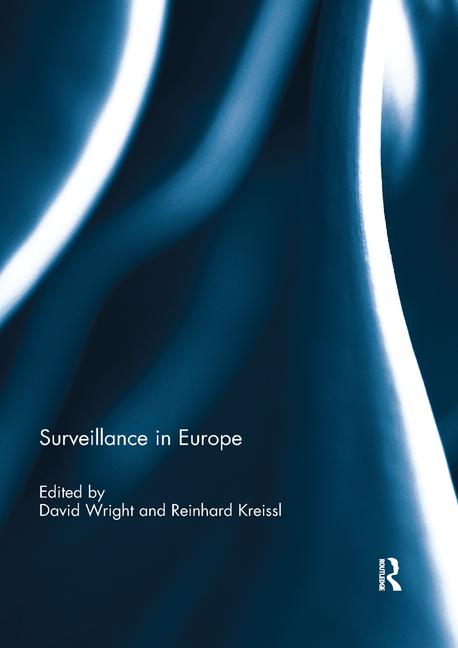A recent case in Illinois involved an alarm company and a waiver of the subrogation provision in the alarm contract.
The plaintiff was an insurance company whose insured was covered under a homeowner’s insurance policy. The alarm company defendant was contracted by the plaintiff’s insured to install a security system, monitoring for security alarm, police emergency, and fire alarm in exchange for a monthly fee. The system was designed to monitor and transmit alarms that would notify the alarm company and/or the fire department in the event of a fire or the detection of smoke. Subsequent to the execution of the contract, the plaintiff’s insured entered into an oral agreement with the alarm company to repair or replace a smoke detector that had been damaged by the plaintiff’s insured and to restore the fire detection system to “full operational status.” The alarm company replaced the smoke detector, but did not finish all of the necessary repairs. The alarm company advised the insured that the upstairs detector/alarms had to be replaced because both detectors/alarms worked together to operate, but failed to advise the plaintiff’s insured of the repercussions of the incomplete repair, only that the alarm company would return to complete the necessary repairs, which was not done.
A fire occurred at the residence, and the home sustained severe property damage.
The plaintiff insurance company paid its insured for the loss and filed this subrogation lawsuit against the alarm company, seeking to recover the sum that the insurance company paid to its insured under the homeowner’s insurance policy. The complaint contained six counts: negligence; gross negligence; breach of implied warranty; consumer fraud; breach of contract; and strict liability. The defendant alarm company filed a motion to dismiss the complaint, or alternatively to limit plaintiff’s recoverable damages to $500.00.
The contract entered into between the plaintiff’s insured and the alarm company contained a waiver of subrogation provision. The court pointed out that the plaintiff did not allege that the contract was not in effect at the time of the fire. The contract stated that its initial term was for three years and that, thereafter, it would automatically renew in thirty day increments unless terminated by written notice.
Under Illinois law, the courts have upheld such subrogation waivers unless the specific situation makes enforcement unconscionable or its presence in the particular kind of contract is against public policy.
The insurance company did not contend that the waiver was unconscionable or against public policy, but that it was unenforceable because “exculpatory provisions are not enforceable in cases of willful and wanton conduct.”
The court pointed out that subrogation waivers are not true exculpatory provisions, but merely allocate risk of loss; they do not immunize the wrongdoer from all liability, nor do they require the injured parties to give up all their claims or leave them uncompensated. The court then went on to say that the plaintiff’s attempt to plead willful and wanton conduct was to no avail because it did not plead that the alarm company breached any common-law duty that it owed to the plaintiff’s insured. Willful and wanton acts show “actual or deliberate intent to harm” or, if not intentional, show an utter indifference to or conscious disregard for a person’s own
safety or the safety or property of others.
The court further went on to state that the concept of willful and wanton misconduct arises only in relation to torts. A breach of contract does not become a tort just because the breach was allegedly “willful and wanton.” The court added that the insurance company invoked the concept of willful and wanton misconduct but failed to identify any breach of a legal duty that was independent of the alarm company’s contractual duty.
Because the plaintiff’s claims were barred by the subrogation waiver in the contract, the court dismissed the complaint with prejudice.









